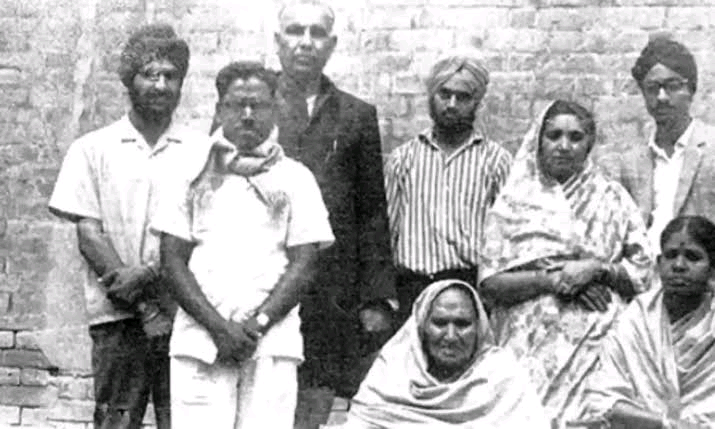The Vaghat people are an ethnic group who traditionally inhabited just over a dozen villages in the hills of Tafawa Balewa and Bogoro LGAs in southwestern Bauchi State, Nigeria. Today, the Vaghat have also moved to many towns and settlements spread across Bauchi State, Plateau State, and Kaduna State (mostly near Zaria). They speak the Vaghat language, one of the Tarokoid languages with over 20,000 speakers.
Clans Vaghat highland clans are: Āyàlàs, Àyìtūr, Àtòròk, Āyīpàɣí, Āyīgònì, Àyàkdàl, Àyánàvēr, Āyàtōl, Àyàʒíkʔìn, Àyìʤìlìŋ, Áyàshàlà, and Àzàrā. Vaghat lowland clans are: Āyàlàs, Àyàkdàl, Àyàʒíkʔìn, Àyàgwàr, and Àyàgyēr.
Religion Traditional Vaghat religion consists of belief in:
Vi Matur, the universal deity (literally 'sun above') Àdàmōrā, the ancestors Reincarnation, tya mi karam Spirits, woni The Vaghat people also have shrines, called gataŋ mishiri.
Society In Vaghat traditional society, positions of authority are:
ru ma daghal - secular chief da mishiri (suŋgwari) - chief priest maaji (da ma ayokon) - deputy to the chief maɗaki - advisor to the chief turaki - advisor to the chief igomor - chief of the warriors fan shen (faye ma apal) - chief seer
Burials The Vaghat people have a cave in a mountain where they keep the skulls of their ancestors.
== References ==
